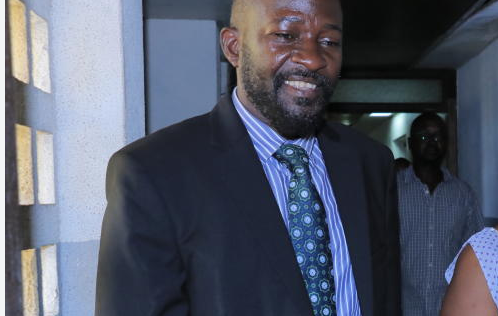×
The Standard e-Paper
Home To Bold Columnists

A High Court’s declaration that two sections of the Penal Code are contradictory and unconstitutional has opened a flood gate for convicts jailed for attempted robbery with violence to seek release.
Justice Eric Ogola observed that the sentences provided for attempted robbery with violence under sections 297 (2) and 389 of the Penal Code give different sentences hence infringing on the suspects’ right to fair hearing.